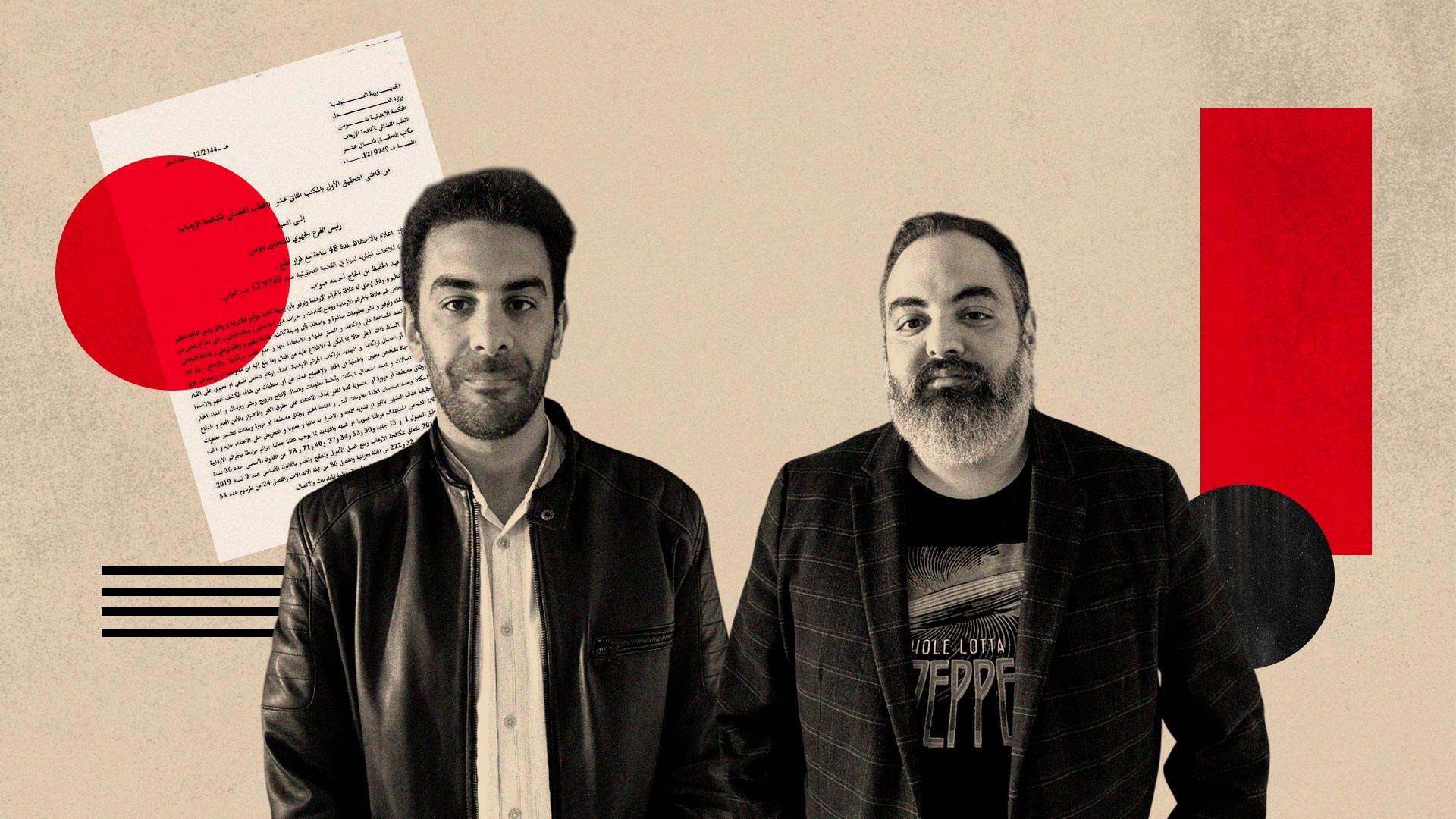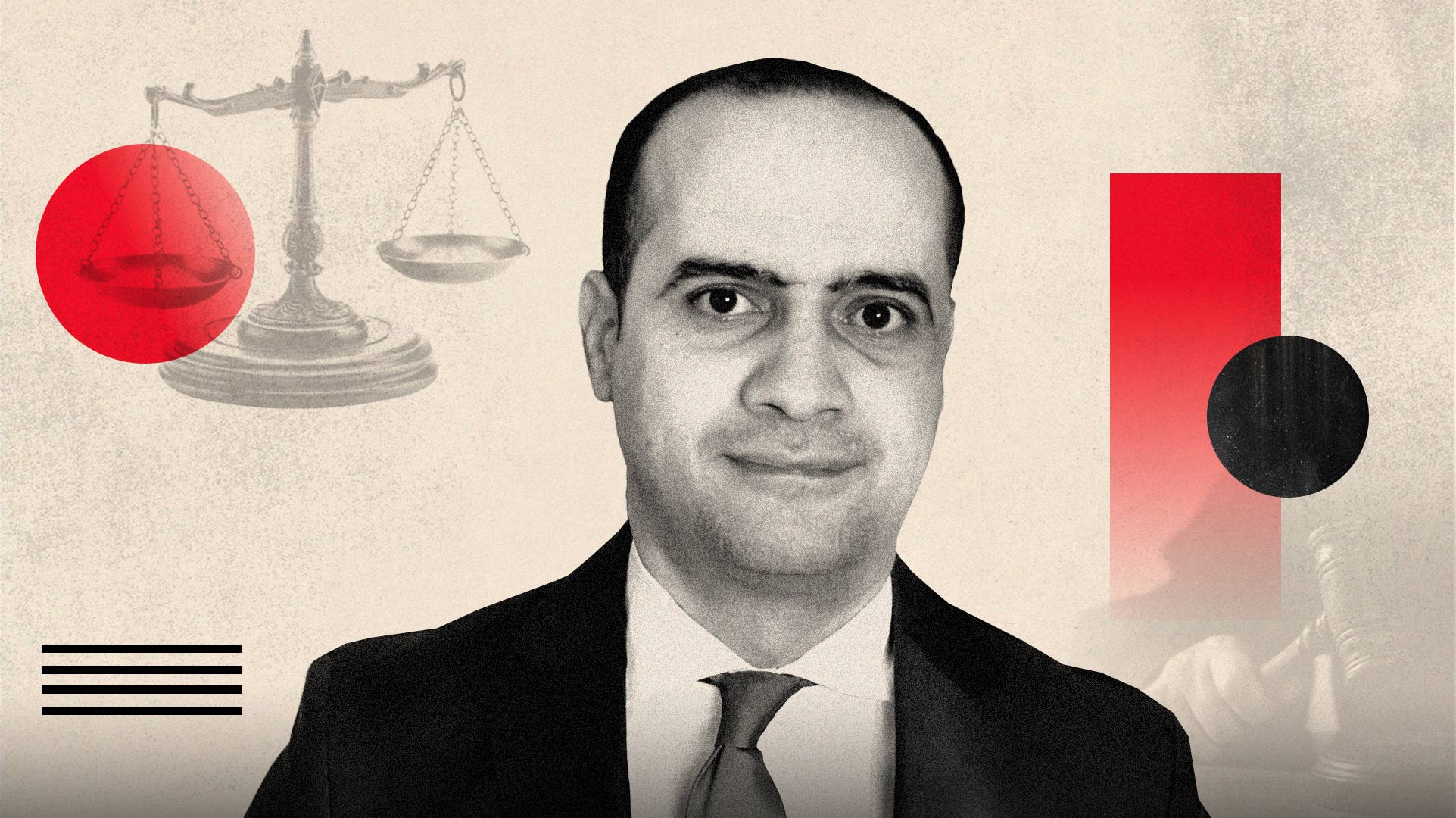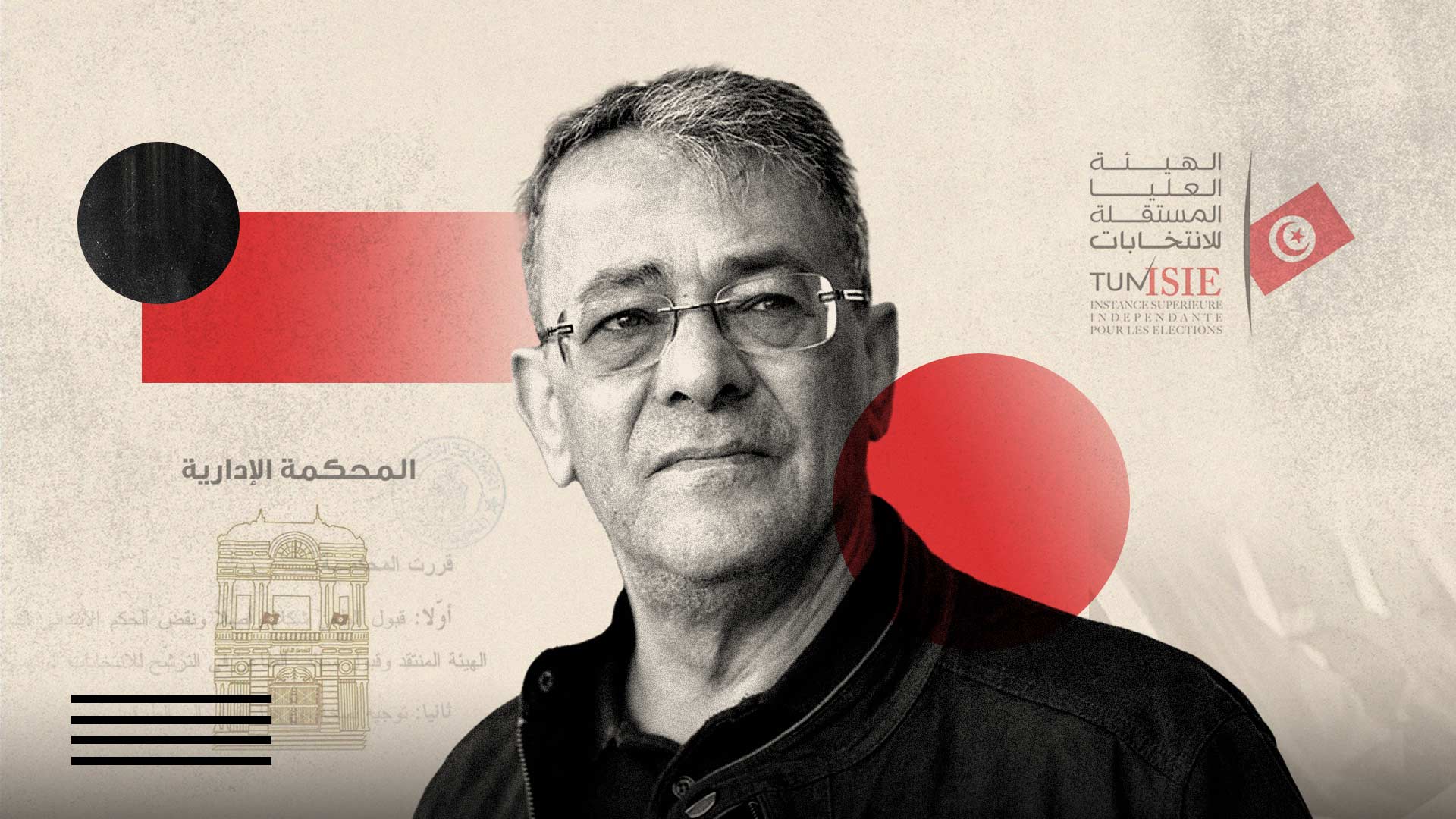Women on borrowed time, from abuse to femicide
Latest episode
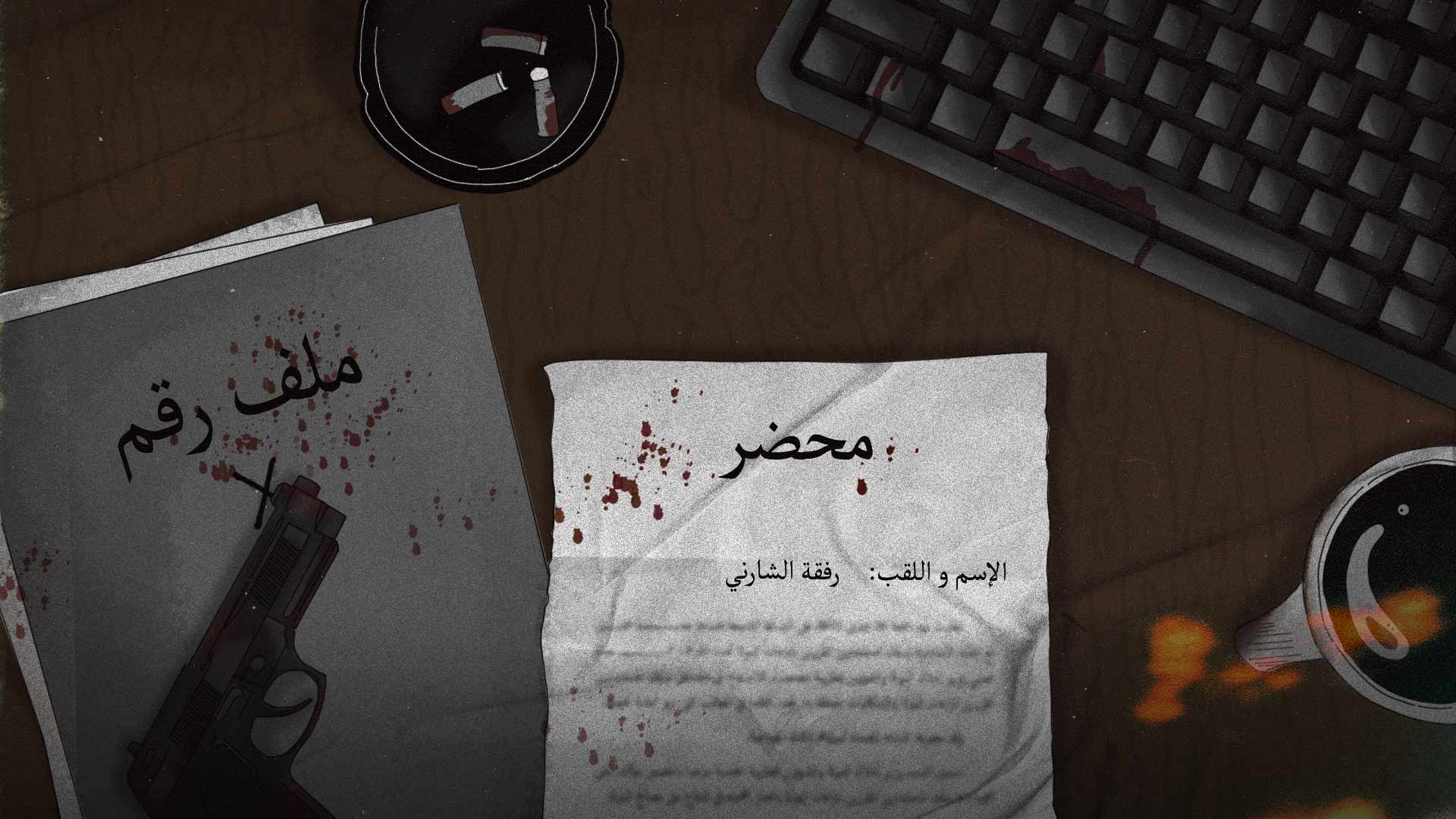
#Her Name is ...
ALL EPISODES
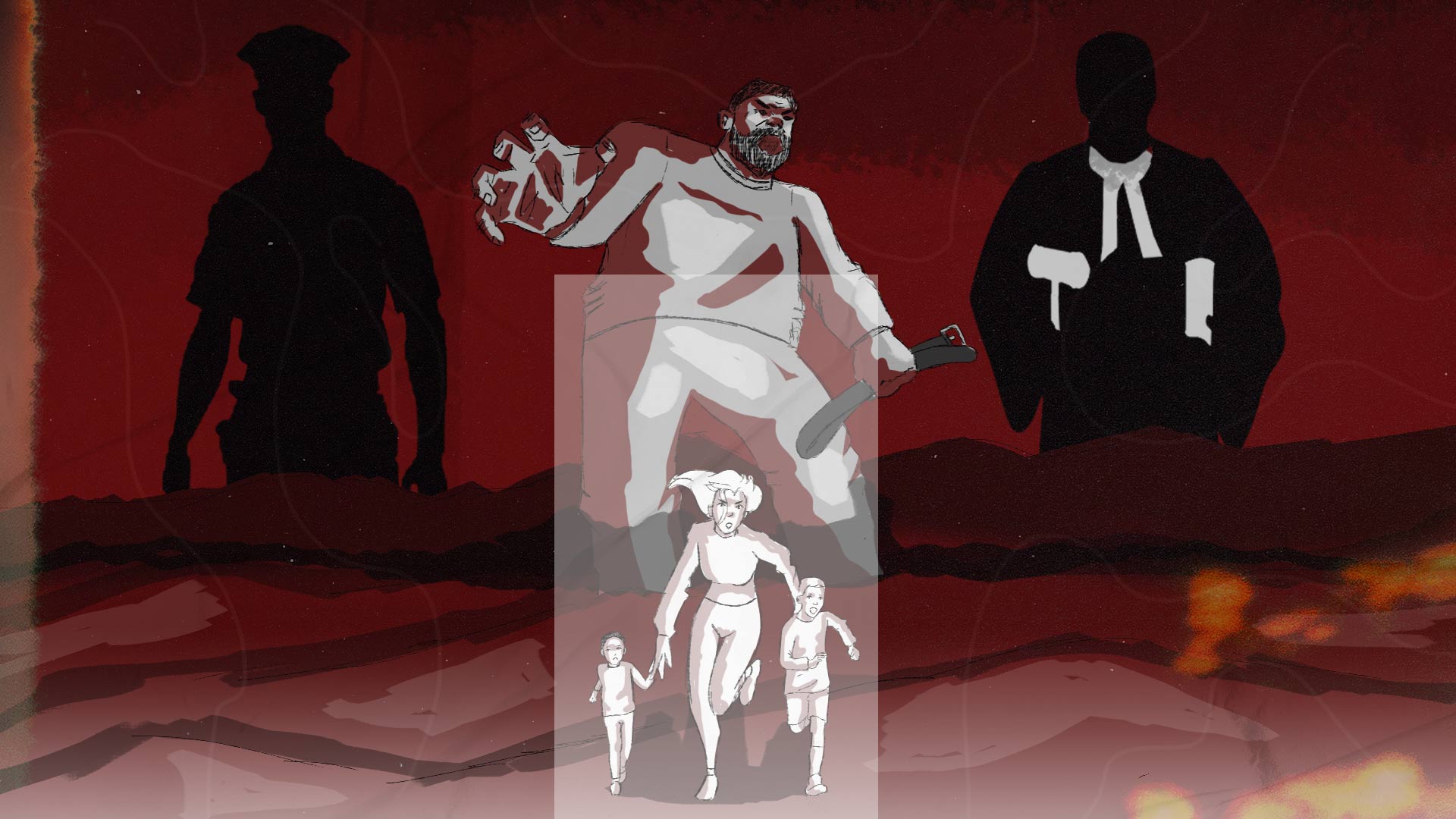 | EPISODE 2The Survivor | "That's all, I couldn't live with him anymore. I told myself that if he behaved like that with me now, tomorrow he could kill me for sure", Amira was the victim of domestic violence for 16 years. She managed to escape with her children and decided to tell us her story. | |
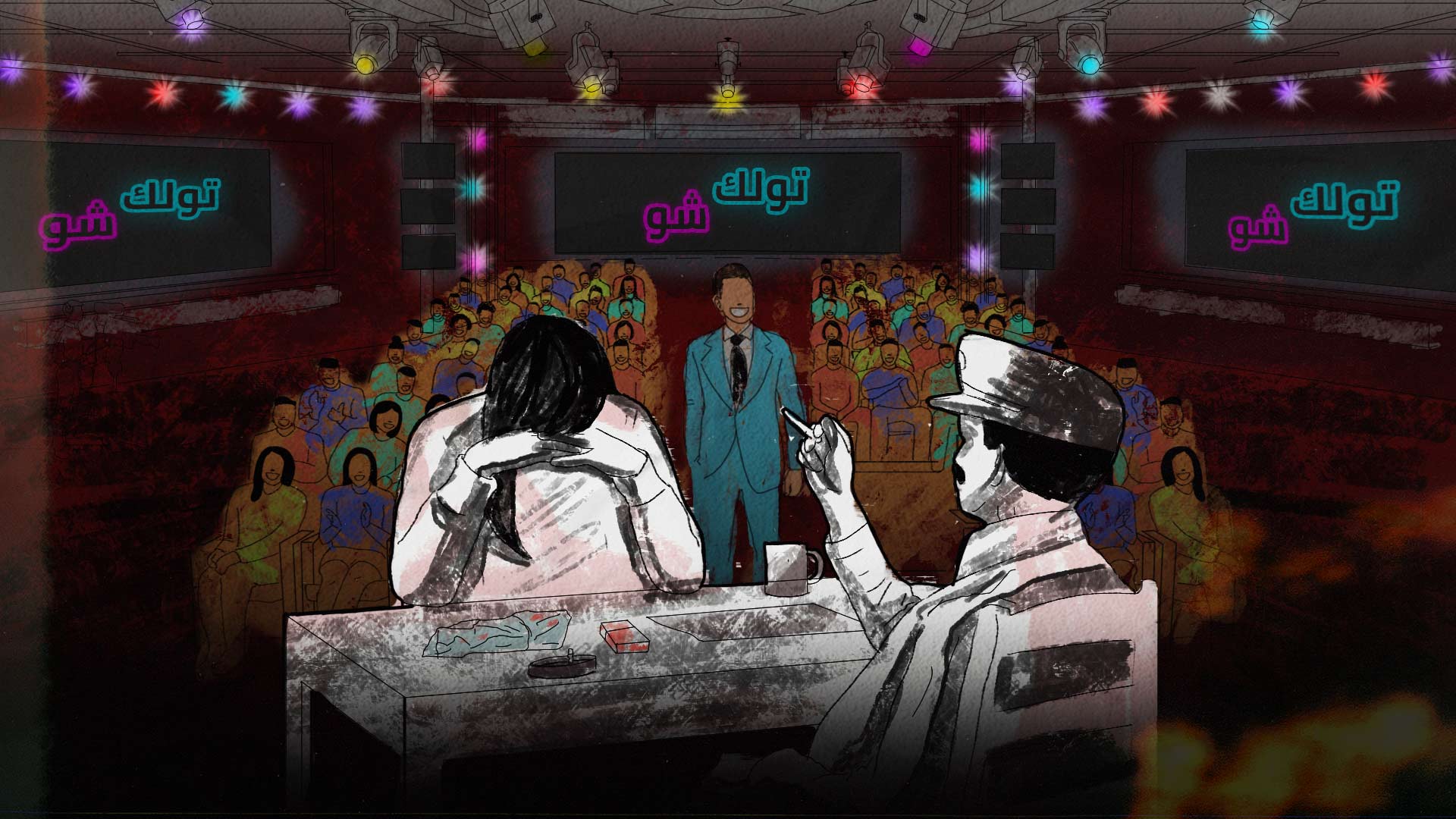 | EPISODE 4Media portrayal: the two-pronged punishment of women victims of violence | "Let's sweep the case under the rug and marry her to her rapist," exclaimed Ala Chebbi, host of the talk show Andi Mankolek, about a minor who was raped by three members of her family and became pregnant. These statements legitimizing violence against women are frequently heard in several Tunisian programs. Such treatment leads to dramatic consequences for the victims and their loved ones. | |
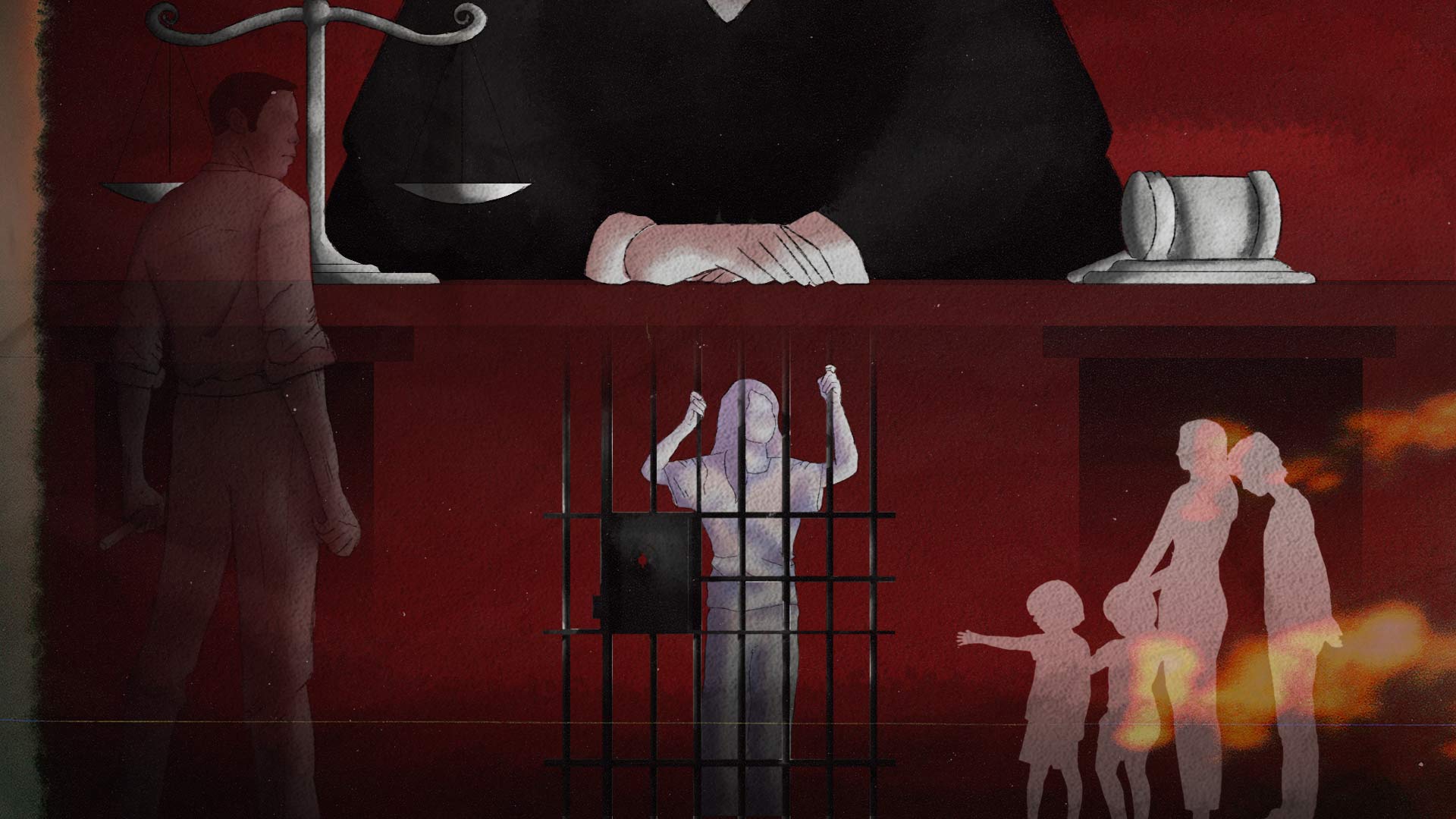 | EPISODE 3Souad, between Murder and Mercy | "I had no intention of killing my husband, I only wanted to protect my daughter." In 2019, Souad was sentenced to life imprisonment for murdering her husband. He was abusing her and their four children, but self-defence was not accepted in her case. We tell Souad’s story based on a letter she wrote from prison. and the testimonies of her children. | |
Recommended for you
Special interview with Saeb Soueb and Ayoub Ghaloussi
The future of justice in Tunisia: Between challenges and resistance, Special interview with Said Ben Arbia
Special interview with Ahmed Souab: serious repercussions from ISIE's refusal to enforce administrative rulings
ABOUT
Inkyfada Podcast is the first platform entirely dedicated to original Tunisian podcasts, and was conceived by Inkyfada media in collaboration with the in-house research and development laboratory, InkyLab. Inkyfada joined the global podcast boom in 2017, when the team produced the first Tunisian audio documentary, diving deep into the belly of the El Kamour struggle taking place in the desert. Since then, Inkyfada Podcast has produced a wide variety of documentaries, investigations, and podcast series, as well as articles accompanied by music; covering a multitude of contemporary issues in order to offer an immersive and alternative podcast experience. Whilst exclusively offering audio content, the Inkyfada Podcast team upholds the same core values and principles of inkyfada.com, and is committed to producing high quality content though a dynamic and meticulous production process. In addition to the permanent team, Inkyfada podcast works closely with various journalists, artists, illustrators, musicians and other content creators in order to diversify the platform and support artistic creativity. These podcasts differ from traditional radiophonic content in that the applied production and editing process is more akin to cinematographic techniques, in addition to being web-based, downloadable and accessible on demand. Additionally, Inkyfada Podcast uniquely offers subtitles in French, Arabic and English for all audio content, the majority of which is recorded in Tunisian or in the preferred language of the speaker in question.




